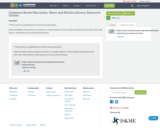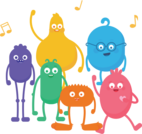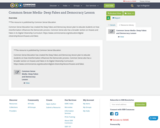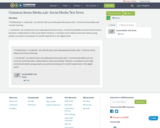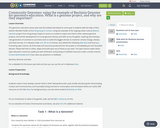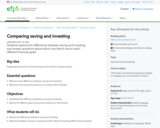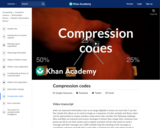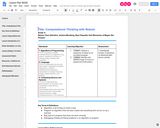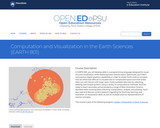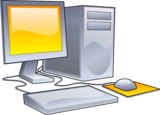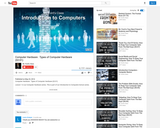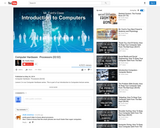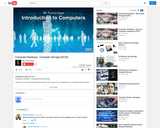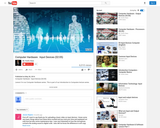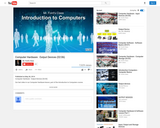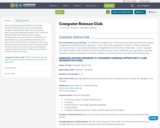This is a lesson plan designed for 3rd-5th graders that focuses on the core concepts of robots and what it takes to code them. Students build an understanding of algorithms and how to write a sequence of steps in order to accomplish a task. The lesson plan includes four vocabulary words that are regularly used in the lesson, a group Kahoot game to master these words, and instructions and handouts for a "code your friend" game where students get to pretend to be the robot.
The lesson takes 45 minutes.
Vocabulary:
Algorithm: a list of steps to finish a task
Program: an algorithm that has been coded into something that can be run by a machine
Bug: part of a program that does not work correctly
Debugging: finding and fixing problems in an algorithm or program
Resources (also included in the plan)
Nearpod Presentation
https://share.nearpod.com/qlLTPeI79R
Kahoot Vocab
https://play.kahoot.it/#/k/9d5000e6-5412-4776-8bd8-54a5962ccca1
Stacking Cup Ideas Handout
https://docs.google.com/document/d/1nhgt_BfbOmj4lCrcYRC5_QdXsbUbUnNbrMTK9qyFpmE/edit?usp=sharing
Standards:
3-5.DI.2 Develop a simple understanding of an algorithm (e.g., search, sequence of events, or
sorting) using computer-free exercises.
3-5.DI.1 Understand and use the basic steps in algorithmic problem solving (e.g., problem
statement and exploration, examination of sample instances, design, implementation, and
testing).
3-5.CD.2 Understand the pervasiveness of computers and computing in daily life (e.g., voicemail,
downloading videos and audio files, microwave ovens, thermostats, wireless Internet, mobile
computing devices, GPS systems).
